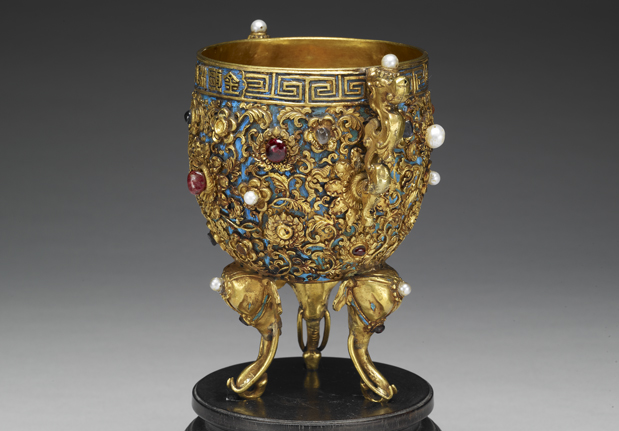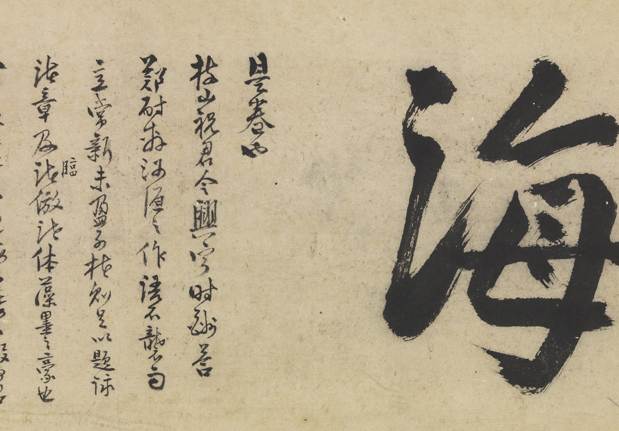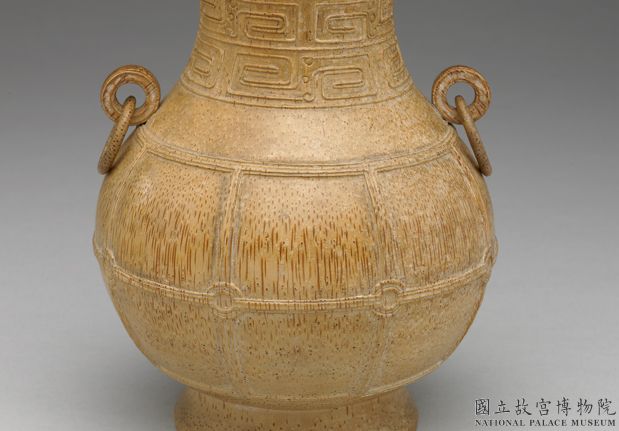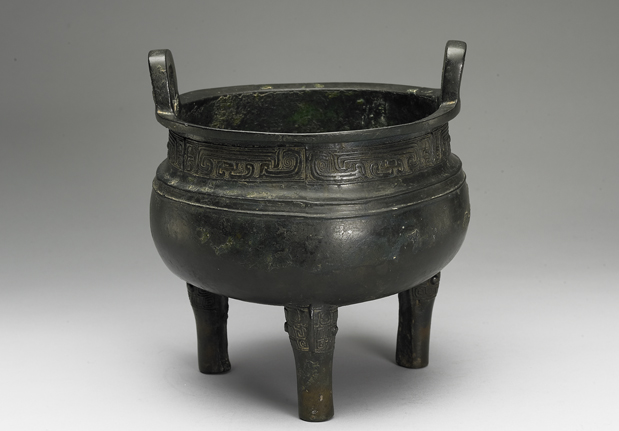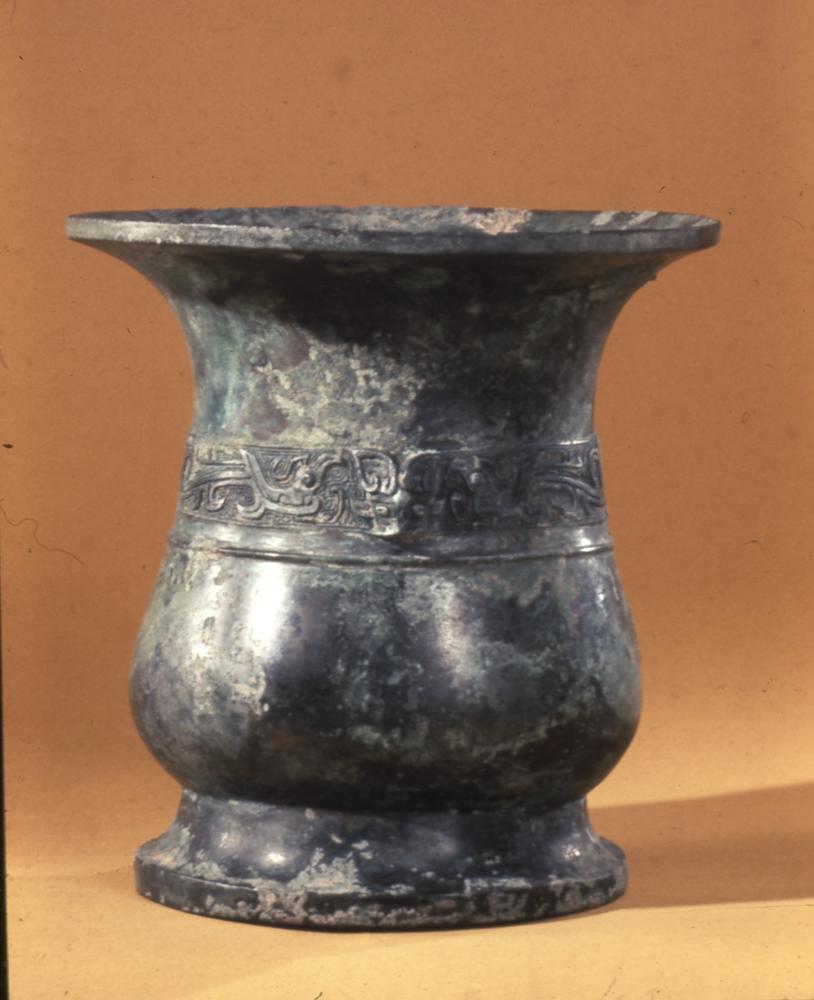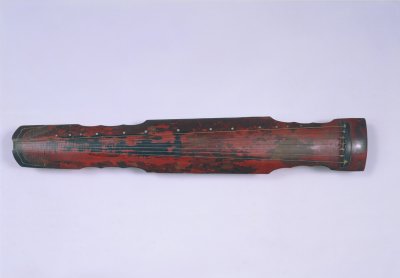Period:Unknown
Materials:copper alloy
Technique:
Dimensions:Weight: 55.03 grammes
Description:
Copper alloy coin-shaped charm. Date uncertain. (whole)
IMG
![图片[1]-coin; charm BM-1974-0913.1-China Archive](https://chinaarchive.net/Unknown/Miscellaneous objects/mid_01471579_001.jpg)
Comments:See Francois Thierry, Amulettes de Chine, Paris, 2008, ISBN978-2-7177-2402-8, p.102, cat. nos 310-315, who notes that the inscription is sometimes presented as Xue yue feng hua 雪月風花; and that this expression (understood as evoking the pleasure of physical love outside the bounds of Confucianism) probably appeared in the Song dynasty, because it was in popular use in Yuan dynasty literature, cf. in the plays of Qiao Ji (also known as Qiao Mengfu, d. 1345). On this inscription, Thierry cites Liu Jiexiu 刘洁修, Hanyu chengyu kaoshi cidian 汉语成语考释词典, Commercial Press, Beijing, 1995, p. 318. These are known in Chinese as chunqian 春钱 (‘spring coins’) or yinhuaqian 银花钱 (‘silver flower coins’).
Materials:copper alloy
Technique:
Dimensions:Weight: 55.03 grammes
Description:
Copper alloy coin-shaped charm. Date uncertain. (whole)
IMG
![图片[1]-coin; charm BM-1974-0913.1-China Archive](https://chinaarchive.net/Unknown/Miscellaneous objects/mid_01471579_001.jpg)
Comments:See Francois Thierry, Amulettes de Chine, Paris, 2008, ISBN978-2-7177-2402-8, p.102, cat. nos 310-315, who notes that the inscription is sometimes presented as Xue yue feng hua 雪月風花; and that this expression (understood as evoking the pleasure of physical love outside the bounds of Confucianism) probably appeared in the Song dynasty, because it was in popular use in Yuan dynasty literature, cf. in the plays of Qiao Ji (also known as Qiao Mengfu, d. 1345). On this inscription, Thierry cites Liu Jiexiu 刘洁修, Hanyu chengyu kaoshi cidian 汉语成语考释词典, Commercial Press, Beijing, 1995, p. 318. These are known in Chinese as chunqian 春钱 (‘spring coins’) or yinhuaqian 银花钱 (‘silver flower coins’).
© Copyright
The copyright of the article belongs to the author, please keep the original link for reprinting.
THE END
